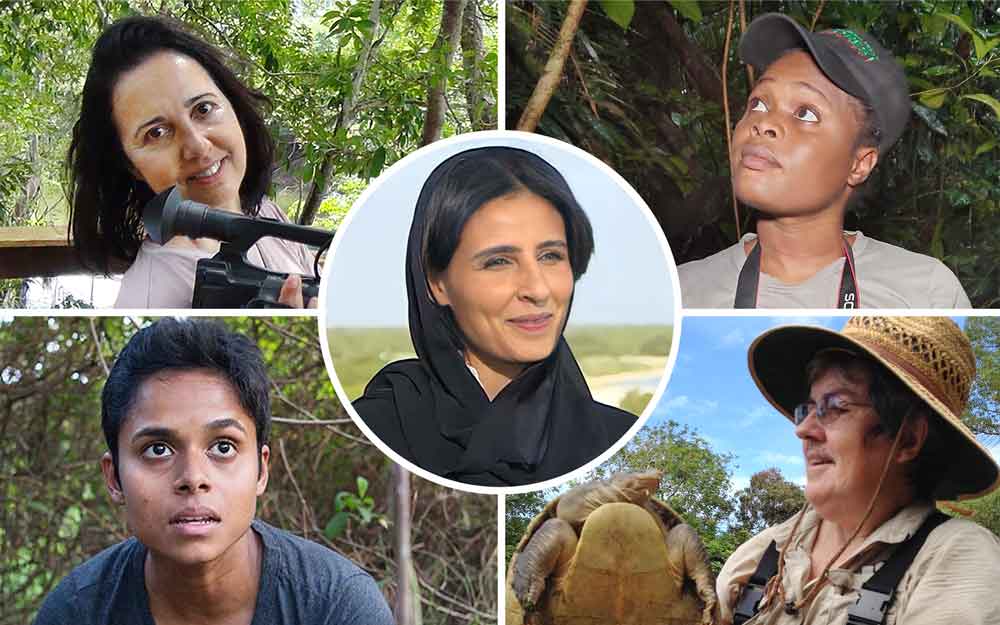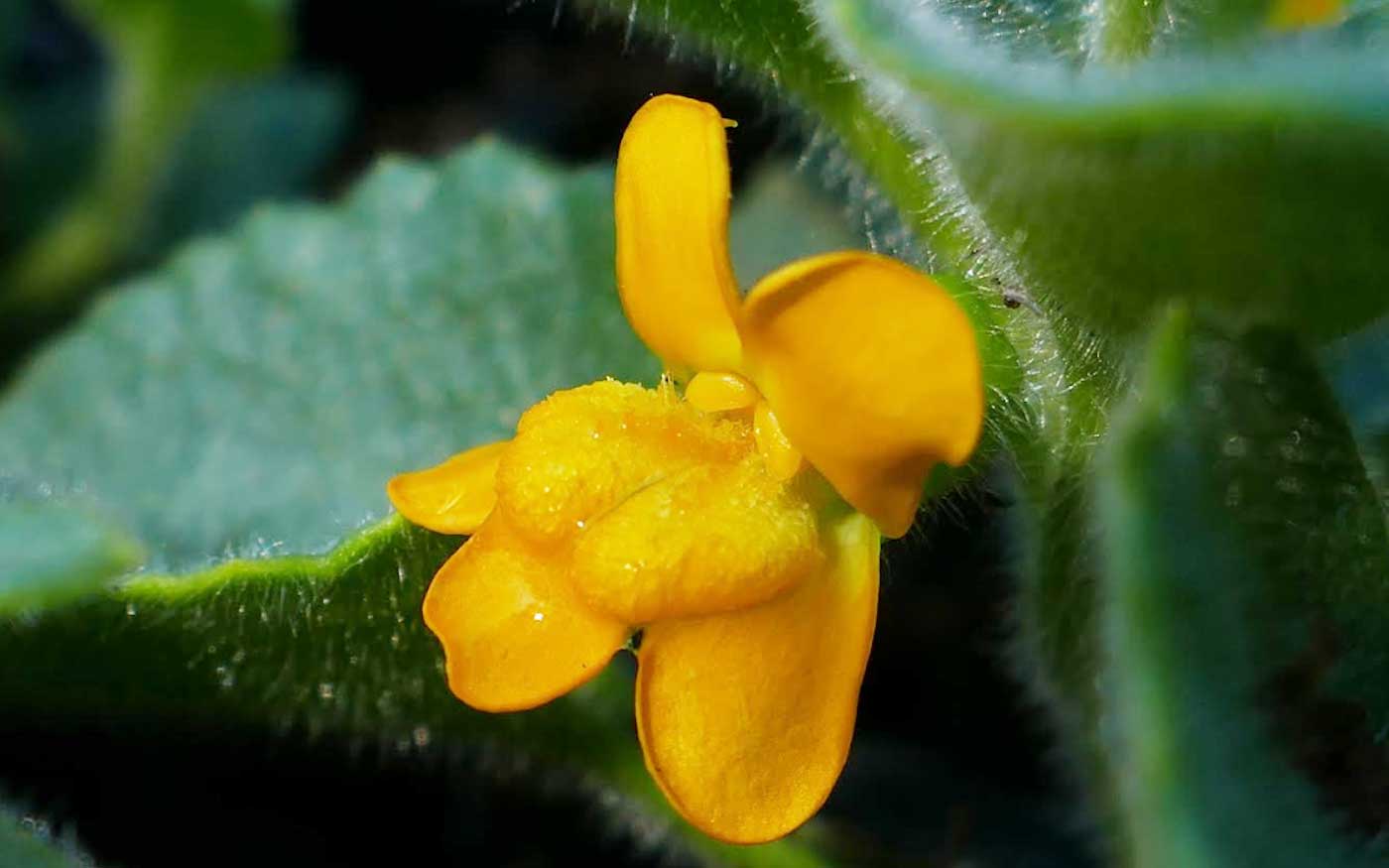World Atlas interviewed Razan Al Mubarak and four women who have received grants from the Mohamed Bin Zayed Conservation Fund for a special series of articles on the critical role that women play in biodiversity conservation.
A strong advocate for advancing gender equality in all fields, Ms.Al Mubarak told World Atlas:
“Like many fields dominated by men, such as science, engineering, and government, women are also underrepresented in the conservation world. Men comprise 70 percent of the members of the International Union for Conservation of Nature Species Survival Commission, a global network of 10,000 experts who advise the organization on the conservation of individual species, and less than 30 percent of the world’s researchers are women. According to the World Economic Forum’s latest Global Gender Gap Index, gender equality is still almost a century away at the current pace of change.”
The female grantees featured in the series include:
- Marilyn Connell, who is working to protect the Mary River Turtle/(Elusor macrurus) in Australia
- Dr.Silvana Campello, who is saving the rare pink Amazon River Dolphin/(Inia geoffrensis) in Brazil
- Anya Ratnayaka, who is researching how the fishing cat is adapting to habitat loss (Prionailurus viverrinus) in Sri Lanka
- Rachel Ikemeh, who is leading efforts to conserve the Niger Delta Red Colobus Monkey (Piliocolobus epieni) in Nigeria

